Uncategorized
-

Lindsley honored by Pharmaceutical Society of Japan
Craig Lindsley, PhD, the William K. Warren Jr. Professor of Medicine at Vanderbilt, is the 2018 recipient of the Sato Memorial International Award of the Pharmaceutical Society of Japan. Lindsley, co-director of the Vanderbilt Center for Neuroscience Drug Discovery (VCNDD), is the 41st recipient of the award, which is administered jointly by the society… Read MoreDec. 7, 2017
-
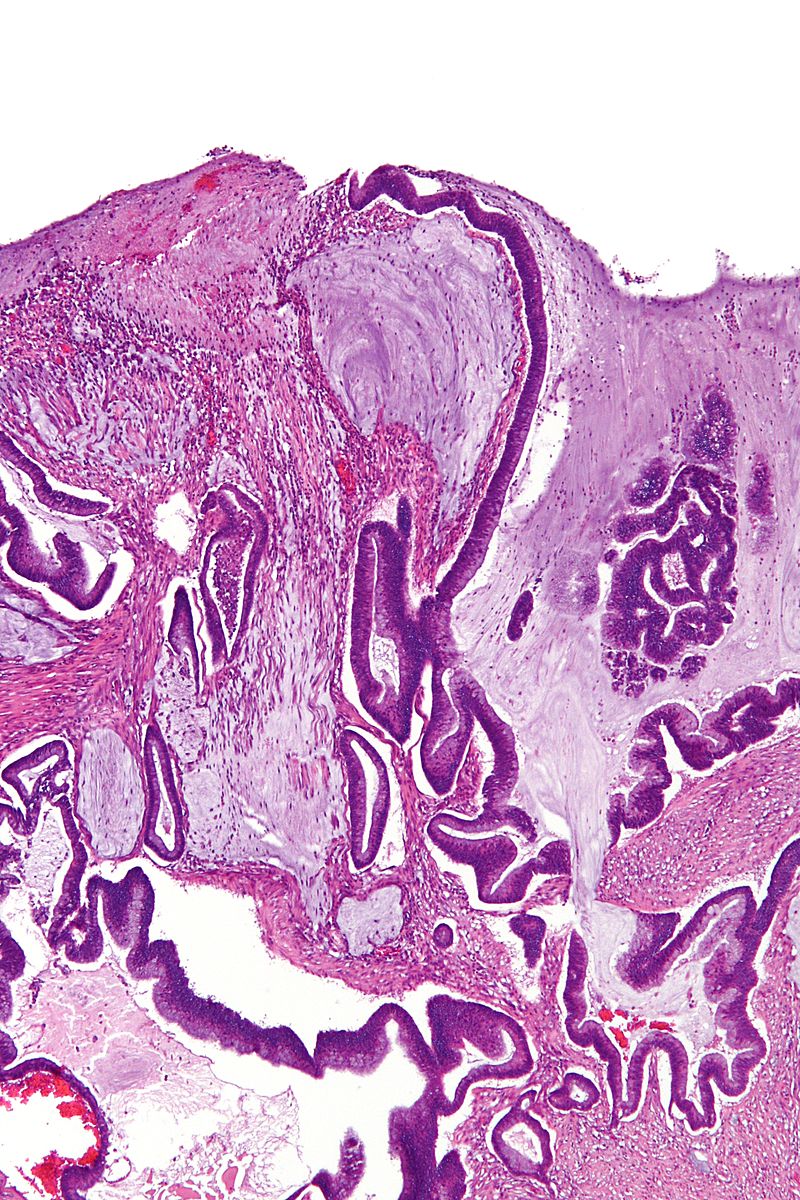
Drivers of Intestinal Tumorigenesis
Drivers of Intestinal Tumorigenesis A hallmark of all epithelia is the presence of adherens junctions that connect adjacent cells to each other. The junctions are formed through the interaction of the extracellular domains of E-cadherin on the neighboring cells. In turn, the intracellular domain of E-cadherin forms a complex… Read MoreDec. 6, 2017
-
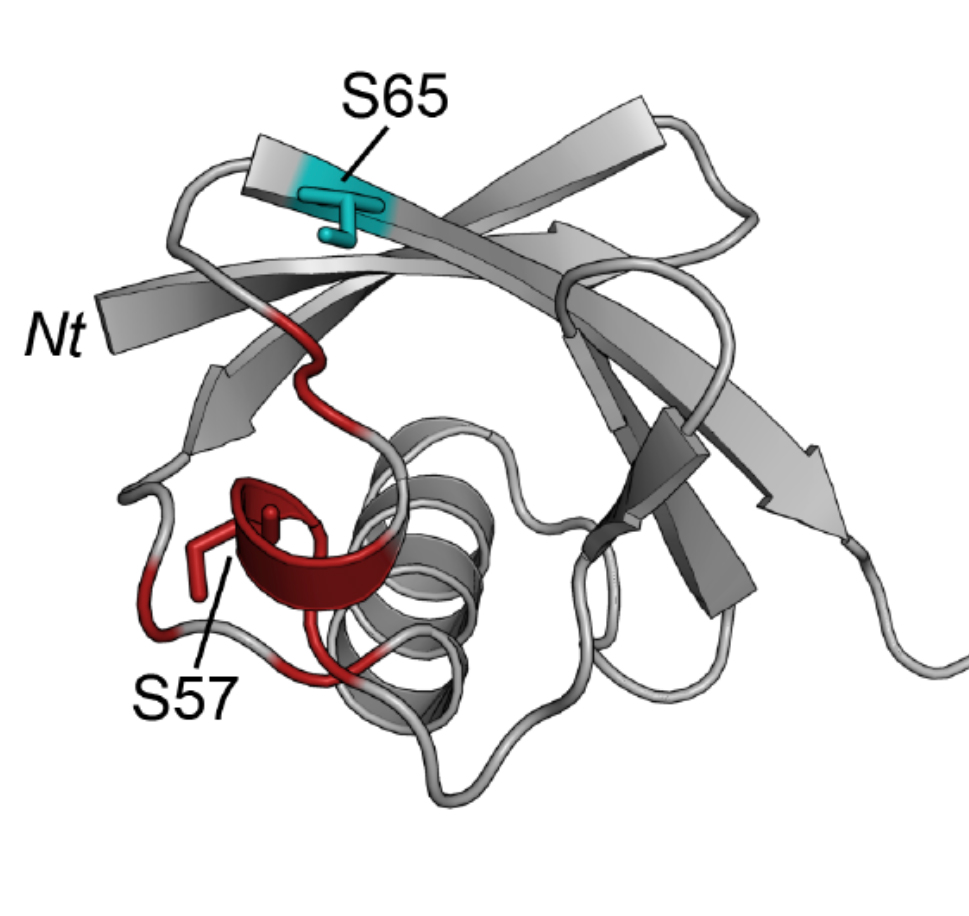
The Road to Ubiquitin’s Destruction
The Road to Ubiquitin’s Destruction Ubiquitin is a small (8.5 kDa) protein that is attached singly, or in chains, to lysine residues of other proteins via a complex, three step mechanism. The pattern of ubiquitin addition, referred to as ubiquitination, marks the protein for degradation, alters its function and… Read MoreDec. 5, 2017
-
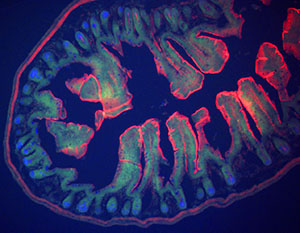
Tracing Cell Origins in the Gut
Tracing Cell Origins in the Gut The organs of multicellular animals comprise highly organized aggregates of many cell types, each of which has differentiated from a multi-potent stem cell. Although we have learned much about the process of differentiation and organogenesis through studies of tissues such as bone marrow,… Read MoreDec. 5, 2017
-
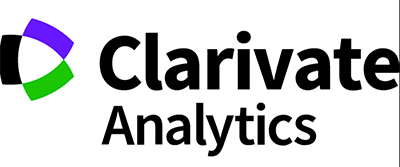
Conn, Lindsley, and Sweatt Make Highly Cited Researchers List
Jeff Conn, Craig Lindsley, and David Sweatt are included on the Clarivate Analytics list of "2017 Highly Cited Researchers." Highly Cited Researchers from Clarivate Analytics is an annual list recognizing leading researchers in the sciences and social sciences from around the world. The final new list contains about 3,400 Highly Cited Researchers in… Read MoreNov. 21, 2017
-

Salt, inflammation and hypertension
Although dietary salt intake positively correlates with blood pressure, the mechanisms linking salt to hypertension are not well understood. In the Oct. 24 Cell Reports, Annet Kirabo, DVM, M.Sc., Ph.D., and colleagues identify a pathway by which excess sodium contributes to inflammation and hypertension. The researchers found that sodium enters immune system dendritic cells,… Read MoreNov. 17, 2017
-
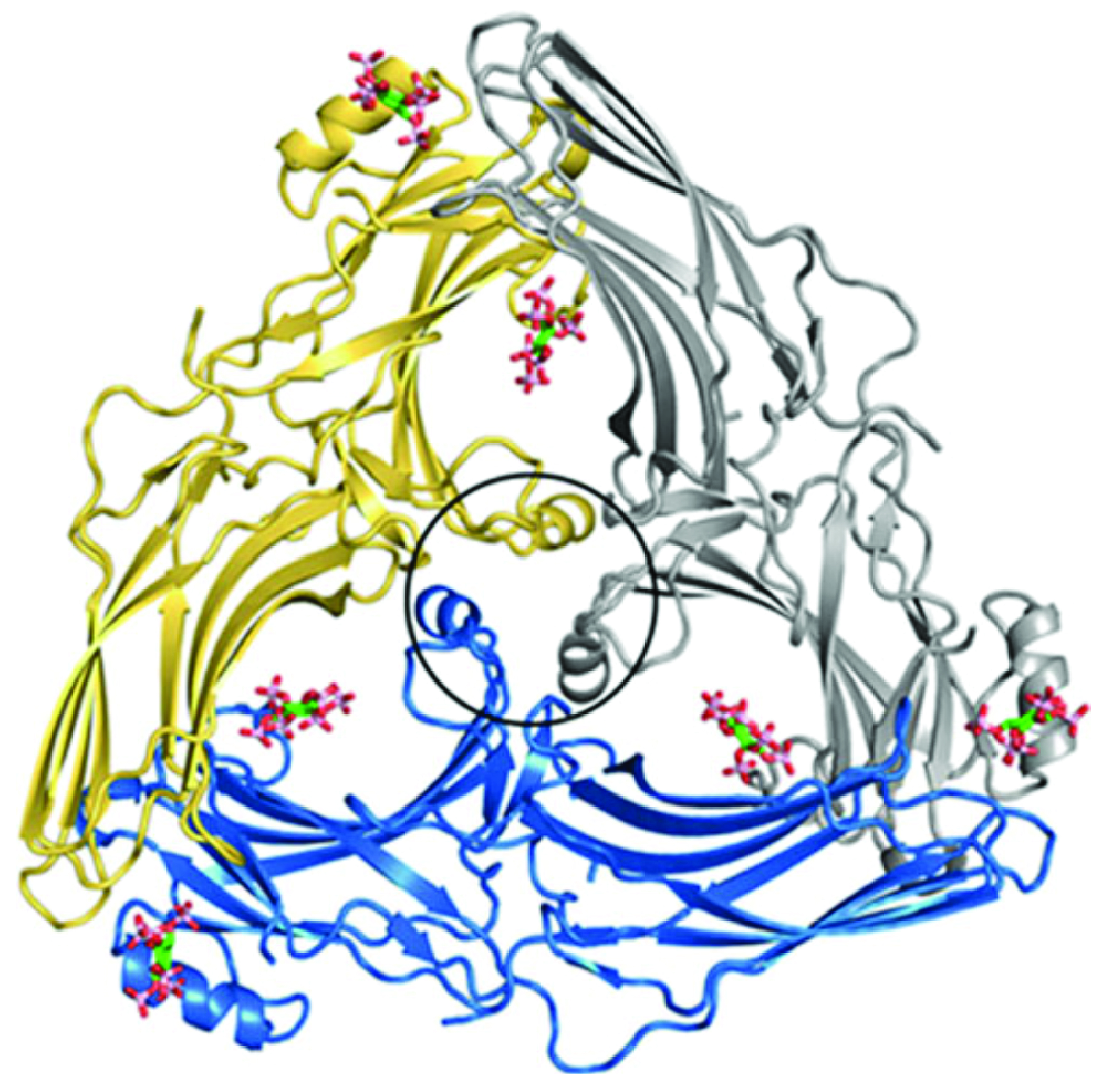
Key to Arrestin-3 Activation and Signaling
Key to Arrestin-3 Activation and Signaling Arrestins comprise a class of proteins originally discovered for their ability to bind to activated and phosphorylated G protein-coupled receptors (GPCRs). Arrestins prevent the binding of G proteins to the GPCR, thereby blocking G protein-mediated signaling. Recent work, however, has shown that some… Read MoreNov. 17, 2017
-

Advanced imaging tools reveal architecture of cell division machinery
For years, Kathleen Gould, Ph.D., and her colleagues have drawn models of the contractile ring — the molecular apparatus that physically divides cells — and its parts. They used genetic studies to probe how the protein parts fit together, but their models involved some educated guesses. “We drew things certain ways,… Read MoreNov. 13, 2017
-

Liquid biopsies help reveal lung cancer mutations
Cancer investigators led by researchers at Vanderbilt-Ingram Cancer Center (VICC) have co-developed a liquid biopsy blood-based assay used to identify specific gene mutations associated with the development or relapse of small-cell lung cancer (SCLC). The study, led by first authors Karinna Almodovar, Ph.D., and Wade Iams, M.D., and principal investigator Christine… Read MoreNov. 3, 2017
-

Sweatt, Tansey discuss influence of epigenetics on research
Basic research underway at Vanderbilt University Medical Center is raising hopes that one day it will be possible to reverse memory loss in people with Alzheimer’s disease and stop a major driver of cancer in its tracks. During a Vanderbilt Cutting-Edge Discovery Lecture last week, David Sweatt, Ph.D., chair of the… Read MoreNov. 3, 2017